|
This week the CFI team was treated to a great experiential training facilitated by registered art therapist Lily Braverman. Art therapy is one of the many expansive approaches we use at CFI to support our clients. Thanks Lily!
2 Comments
There was a very popular relationship book released a few decades ago that declared men were from Mars and women were from Venus. This book argued that relationship problems between men and women are a result of fundamental psychological differences between men and women with one common trope being that men are wired to solve problems, while women are wired to talk about them.
As a relational therapist I meet with many heterosexual couples, and in this time I have determined that men are from earth and women are from earth, but unfortunately both are under the strong influence of patriarchy. That the problems that bring these couples into my office aren’t of the psychological nature, but rather ideas, scripts, and discourses that have been socially constructed and maintained in our culture through various means. After doing much of this relational work with heterosexual couples I now believe unless we men take accountability and recognize the effects of patriarchy on our relationships, there isn’t much hope of escaping the damaging effects of patriarchy. What is Patriarchy? It’s often easy to mistake Patriarchy as code for Men. But in his important book Gender Knot author Allan Johnson defines patriarchy as a society that is male dominated and male centered, in which both men and women participate. According to Johnson a patriarchal society reserves positions of authority for men and creates power differences between men and women, some of which can be visible, others invisible. This isn’t to say that all men are powerful, or all women powerless, but that the default is always towards male dominance. So how does this affect our more intimate relationships? Five Way’s Patriarchy Affects Men and their Relationships Patriarchy effects men in unlimited ways but for this piece I will outline five ways that I experience patriarchy effecting men I see in my practice: 1. One Masculinity vs Masculinities To the men reading this piece, if I were to ask you what makes a man? I am quite positive you all could probably list several answers that wouldn’t differ much. Very early in our lives as men we learned a fairly singular version of how a man should think, act, feel, and communicate. And if we were honest with ourselves we would have to admit it’s a small box. The problem with this limited way of expressing masculinity is that it actually keeps patriarchy working. Many times I have sat with men whom have great intentions of helping their partners by stepping out of traditional gender roles, but because there’s no path or guideline for them to follow they often default to what they know, which is to let their female partners carry the burden of caring for the house, the kids, and the relationship. Author Allan Johnson says the job for men to begin to undo the imbalance in relationships is openly choose and model alternative paths of masculinity. So the job at hand is to lose the John Wayne mentality and begin to experiment with other was to be male, openly and in front of others. This can be as easy as taking on the bulk of the housework typically designated as women’s work, or in experimenting with how we communicate with both women, and men. Which leads me to the next point; 2. An Emotional Range of Two Another by-product of Patriarchy that I run into often in my practice is the masculine and feminine expectations on communication. Often times when I first meet with men, they have two culturally sanctioned modes of communication, anger and silence. In other words, many men I meet have an emotional range of two. It’s my job to begin to expand this range of two through invitation and inquiry. According to Johnson, in a patriarchal society men who avoid vulnerability are more often then not seen as strong. As you can imagine, this sort of stance in a relationship has many harmful effects. I lot of my work in these situations is to begin to flip the script that showing no emotion is strength, and then undermine patriarchy’s influence by helping men to measure themselves against the idea that emotional risk taking is courageous. Because, as Johnson details, if this script stays the same then men can continue to think of themselves as courageous and manly, without having to see their lack of courage for what it is. 3. Accountability Free Relationships Often I will be meeting with a heterosexual couple where there has been some profound hurt committed by the male partner that took place, and early in our time together I will experience two calls to action. Typically from the female partner there is an accounting that needs to happen before trust can be restored. And from the male partner there is often a request to move on, and that any hurt that might have happened is now in the past, and talking about it will just cause more hurt. It is in these situations where male privilege provides an out for the man in the relationship. In situations similar to these Johnson argues that patriarchy provides many paths of least resistance for men, where there is no accountability to the relationship or their partners emotional life. In my office, my work is to invite men into not taking the path of least resistance but rather do the hard thing that’s facing him in the moment. Some of these hard things could be to listen intently to what is being said without defending or denying, take it seriously, and take responsibility to do something about it, even when you might not have to. 4. An Invisible Privilege Male privilege doesn’t mean that men have easy or problem free lives. According to Shira Tarrant who wrote the great book Men and Feminism privilege still provides men many unearned benefits that their female partners do not access to. Tarrant also says that many of these benefits are invisible to men. In her book she describes how men can walk freely through the world without fear of sexual harassment or rape. Men can assume people will listen when they talk, and don’t have to struggle to make their voices heard. Men can also take for granted that they will be the norm when it comes to positions of leadership in work, church, and community. So how might this invisible privilege affect relationships in the therapy room? Well it’s often the case that privilege begets more privilege, and because men have this kind of access in the workplace and larger community, often their female partners are asked to carry the load of career, community, and home sacrifices. So if the hope for the relationship is more mutuality and equity, until this invisible privilege is made visible, there is little hope of that happening. 5. Relationships with other Men One thing I came to quickly learn in my time as a therapist working with all sorts of folks is that no matter what the problem, it grows in isolation. And in many cases the group I see experiencing the most isolation is men. I think this problem of isolation is directly connected to patriarchy and its affect on relationships men have with other men. In his book, Johnson says that men’s reluctance to open themselves up fully to vulnerability or alternative masculinities is based for more on fear of being vulnerable to other men, or of being seen as insufficiently manly, than on worries about how they may be viewed by women. Once again I blame John Wayne. This iconic figure of rugged individualism and appropriate manliness, born out of western culture and sustained by modern media, has isolated many and has not told the real story how men really thrive. Often my job is to link men’s lives, to men who may support other ways of being in the world as a man. Sometimes these men are hard to find. But it doesn’t mean we give up. I am hopeful that more and more men are willing to do the small hard things, and take responsibility for our unearned privilege. Men who are struggling deserve our care and concern. How do we support each other as men in stepping off the path of least resistance toward the harder but more rewarding, road less traveled? I hope you will join me in reflecting on the ways patriarchy undermines our relationships and how we in turn may join together as men and take on patriarchy’s effects on our relationships, through cooperation, social support, and standing together. Many small acts together can have a profound impact on our lives, relationships, and families.
CFI's Executive Director Chris Hoff sat down with InFocus host Jesse Dollemore to share CFI's approach, mission, and the range of services CFI provides. Please take a look!
This weekend some of the CFI staff attended the two day training on comprehensive care of gender non-conforming children, transgender youth and young adults hosted by Transyouth Care. CFI is proud to provide this support for the community. If you need more information on the range of help we can provide, please don't hesitate to contact us.
CFI is a proud sponsor of the the 6th annual AAMFT California Division conference. We are excited about this years topic; Dimensions of Cultural Diversity in Couples and Families: Race, Gender, and Social Justice. Come join us and come and say hello at the conference!
Yesterday CFI Executive Director Chris Hoff gave a day long training in narrative therapy to a full-house of students from several local universities. Did you know that CFI offers bi-monthly training's in narrative therapy at no cost? Please contact us if you would like more information on our regular training schedule.
CFI therapists Robin Blauvelt and Megan Yarnall are starting up a new Young Women's Support Group. Please contact them for more info and tell a friend.
 The results of a pilot examination of the use of narrative therapy with individuals diagnosed with PTSD was released recently and the findings are quite promising. In this study 14 veterans with a diagnosis of PTSD (11 treatment completers) completed structured diagnostic interviews and self-report assessments of symptoms prior to and following 11 to 12 sessions of narrative therapy. After treatment, 3 of 11 treatment completers no longer met criteria for PTSD and 7 of 11 had clinically significant decreases in PTSD symptoms as measured by the Clinician Administered PTSD Scale. Pre- to posttreatment effect sizes on outcomes ranged from 0.57 to 0.88. These preliminary results, in conjunction with low rates of treatment dropout (21.4%) and a high level of reported satisfaction with the treatment, suggest that further study of narrative therapy is warranted as a potential alternative to existing treatments for PTSD. Participants in the present study had refused well-established empirically supported treatments for PTSD prior to enrolling suggests that narrative therapy may, if it is shown to have efficacy in more extensive trials, provide an alternative treatment for those who struggle to engage in current state-of-the-science treatments. More information about the pilot study can be found HERE. If you are interested in learning more about narrative therapy and/or would like to attend one of our trainings please contact CFI. We want to let you know about a project that you might find interesting.
CFI executive director Chris Hoff will be participating in a 2 day event as part of Mexico City based artist's Pedro Reyes exhibition titled The People's United Nations at the Hammer Museum. Throughout the two days Chris will be doing "Foreign Affairs Therapy," which invites two delegates representing nations that share historical connections yet have spent much of their past in the turmoil of conflict, to join in a kind of couples therapy trying to work together to improve communication, understanding, and looking for ways to rebuild and strengthen partnership. pUN is an exhibition as well as a two-day gathering on May 2nd and 3rd, that brings together everyday citizens connected by birth or family ties to the 195 member and observer nations of the UN. Reyes’s hypothesis is that conflict-resolution techniques used in social psychology, theater, and art can help solve the world’s most challenging problems, from climate change, to fair wages for women, to food shortages. Throughout the weekend the public will be able to participate in tours that will leave on the hour and will be able to observe the sessions. For more info please click on the exhibition link. http://hammer.ucla.edu/exhibitions/2015/hammer-projects-pedro-reyes/ We hope to see some of you on May 2nd & 3rd.  CFI currently offers two trainings a month in narrative therapy. At this time there is no cost to attend. These two hour small groups are held on the first and second Monday of the month. The first group is suited for those new to narrative practice and the second group would be suitable for those that want to go deeper in the practice of narrative therapy. Please contact CFI for more information. |
Archives
June 2024
Categories
All
|
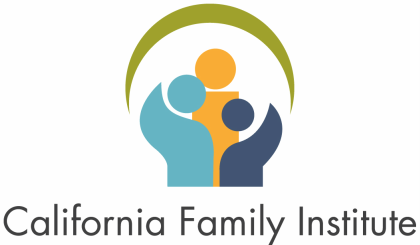
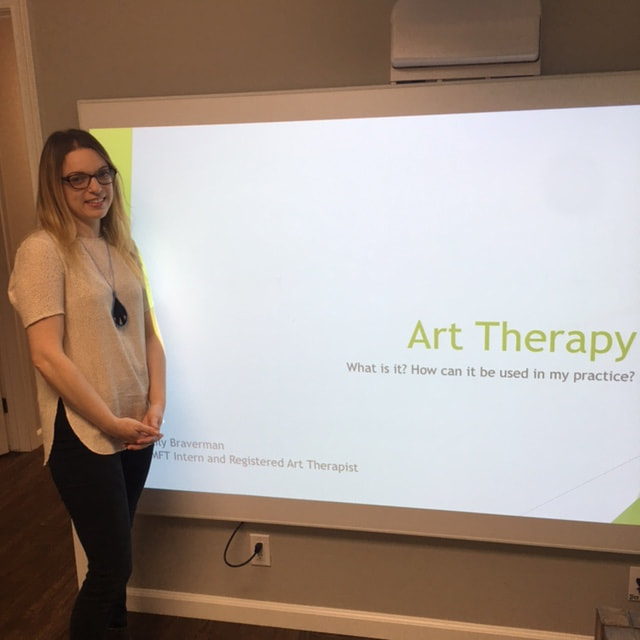

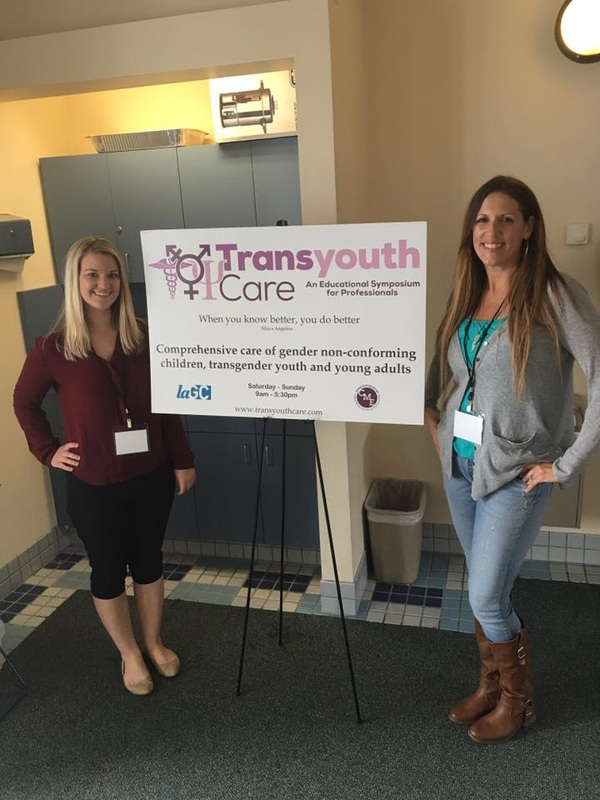

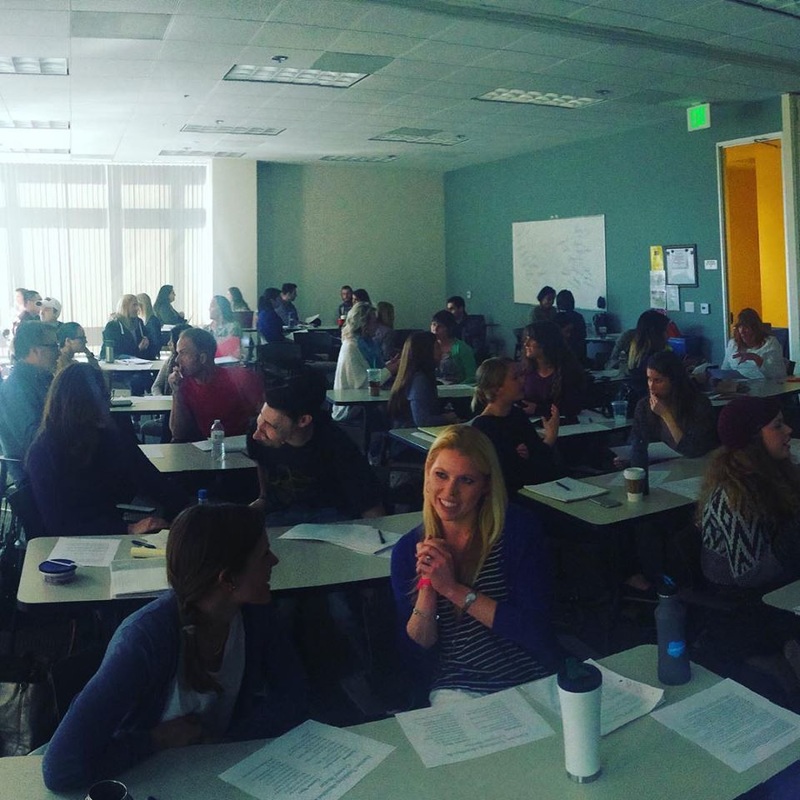
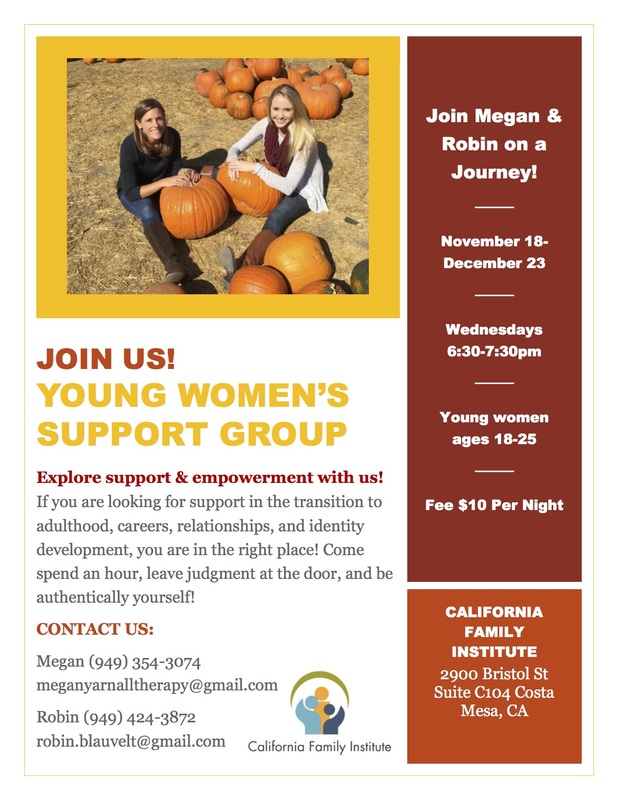
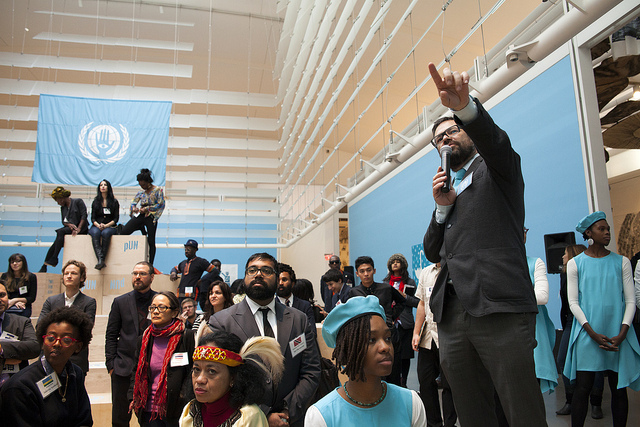
 RSS Feed
RSS Feed